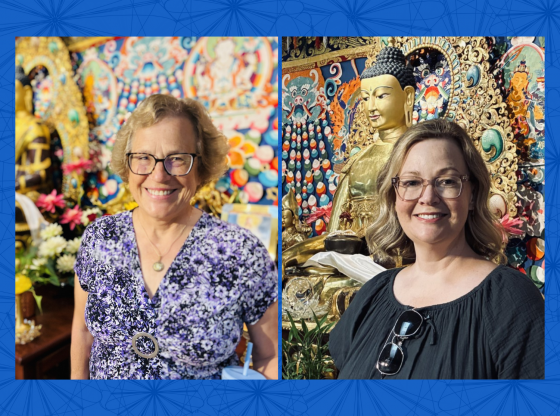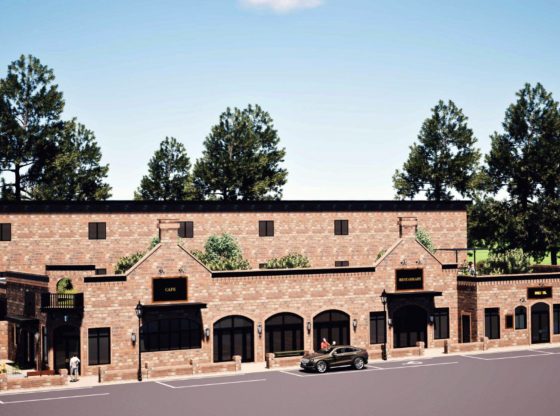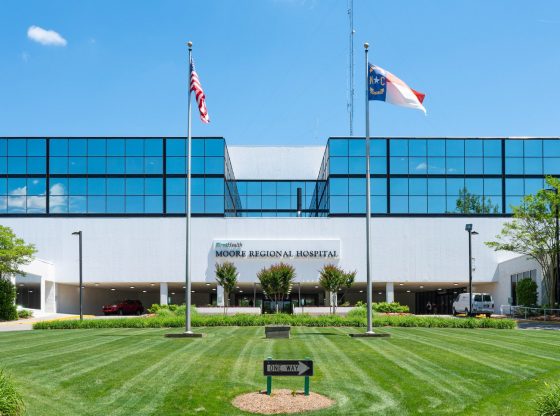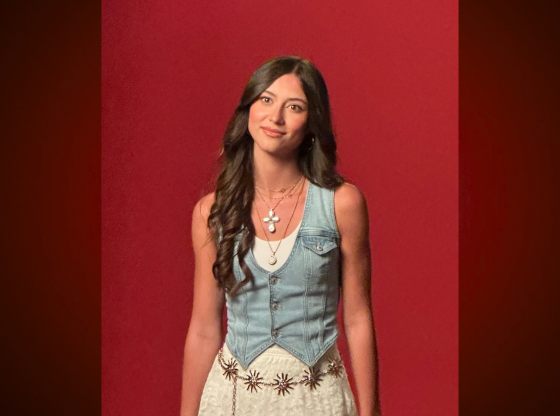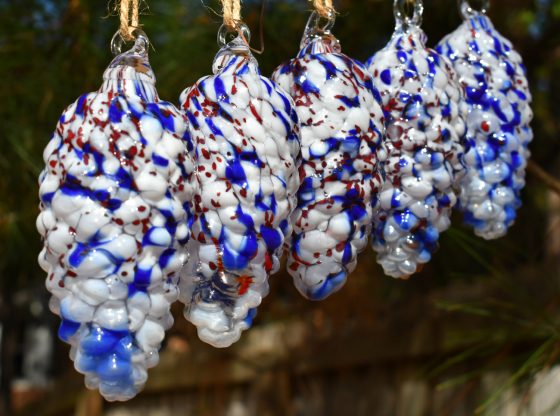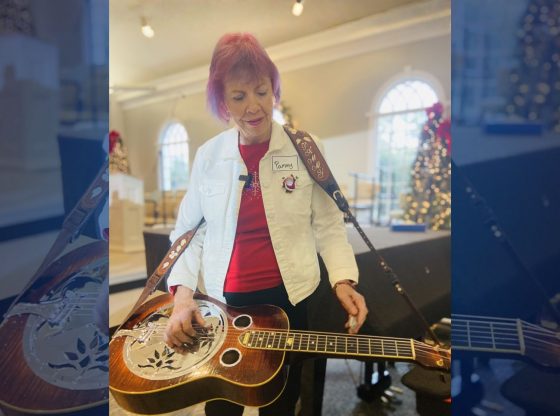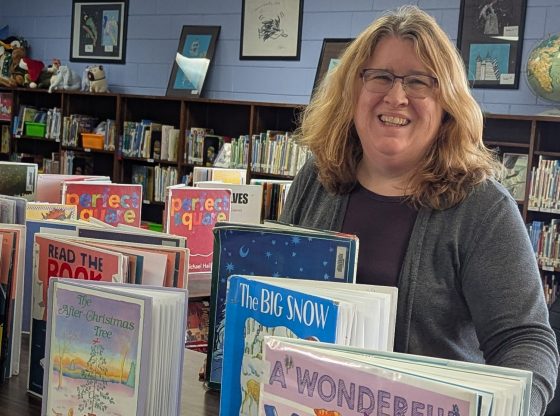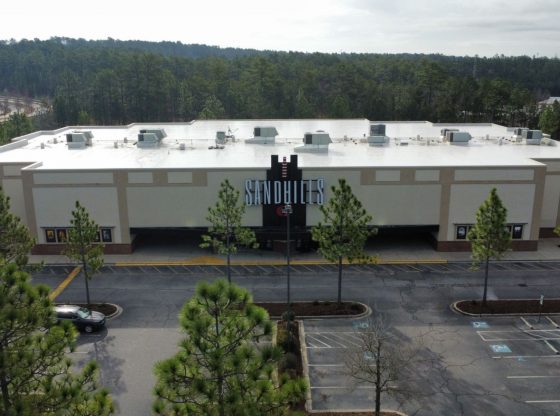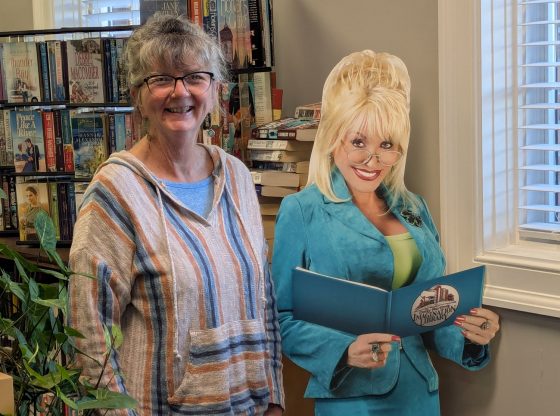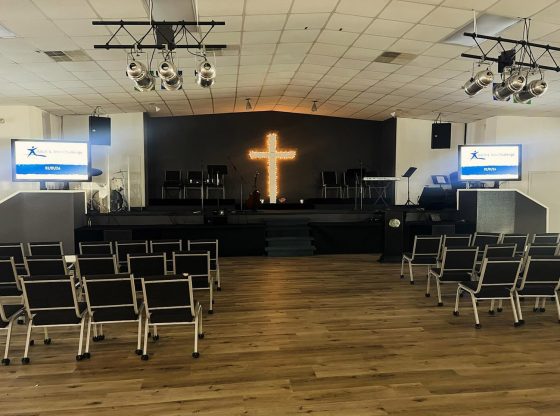Two community leaders from Moore County were selected as part of a global cohort for the 2025 Memory Bridge Retreat, held June 18–22 at the Tibetan-Mongolian Buddhist Cultural Center in Bloomington, Indiana.
Karen D. Sullivan, PhD, ABPP, a board-certified neuropsychologist, owner of Pinehurst Neuropsychology and Reid Healthcare Transformation Fellow with The Foundation of FirstHealth, and Rev. Sue Hudson, longtime advocate and community leader, were chosen as two of only 12 thought leaders from around the world invited to attend the intensive, five-day retreat. Both are also serving as dementia champions in The Engaged Brains Project, a positive, person-centered dementia care initiative, led by Sullivan and made possible by the philanthropy of The Foundation of FirstHealth.
Hosted by Memory Bridge founder Michael Verde, the retreat convened a diverse international community of caregivers, healthcare providers, educators and spiritual leaders from Australia, South Africa, Switzerland and across the United States to explore how presence and deep listening can transform the lived experience of people with dementia—and those who care for them. Held at the Tibetan-Mongolian Buddhist Cultural Center—founded by the Dalai Lama’s eldest brother—the retreat integrated Buddhist meditations, contemplative practices and immersive dialogue to awaken a new way of being with people living with brain change.
“We were drawn to apply for this retreat because we wanted the time and space to deeply consider the emotional lives of people living with dementia,” Sullivan said. “Too often, dementia is viewed through a narrow lens that assumes inner worlds fade alongside memory and cognition. That stereotype leads to care that focuses only on biological needs, overlooking the human truths that remain. The needs to be understood, to contribute value and feel connected—especially in moments of vulnerability—don’t disappear in dementia. No matter the stage of the disease, those needs endure. This retreat gave us the space to reconnect with that truth and to reflect on how we must advance local care.”
A meaningful component of the retreat was the opportunity to be matched with a “memory buddy”—a person living with dementia at Jill’s House, a local memory care home in Bloomington.
“To be matched with our memory buddies by drawing names out of a hat was a beautiful act of chance,” Sullivan said. “Rev. Hudson and I were paired with two remarkable women we visited four times, using Verde’s deeply relational approach called “Love is Listening,” and it changed us.”
The “Love is Listening” approach, developed by Verde, is rooted in the belief that people with dementia are not disappearing—but are still deeply present, even if not always accessible through language or memory. Rather than focusing on questions, facts or redirection, the approach teaches caregivers and companions to attune fully to the emotional and sacred presence of the person in front of them. Through shared stillness, soft attention and compassionate presence, “Love is Listening” invites connection that transcends cognitive impairment.
“This retreat helped me realize that much of what we currently call person-centered, dementia care is really just focused on meeting basic biological needs,” Sullivan said. “What’s missing is the deeper work—learning how to attune to the psychological and spiritual needs of people living with brain change. Those needs don’t disappear. If anything, their emotional needs grow stronger.”
Using the experience and knowledge gained at the retreat, Sullivan and Hudson intend to put it into practice with their efforts with The Engaged Brains Project to innovative dementia care pathways across both the healthcare system and the wider community. They hope to expand local training programs, deepening spiritual and emotional supports and advance person-centered, dementia care throughout Moore County and beyond.
“My own life has been positively impacted as I learn to attune to the sacred presence of people who are experiencing brain changes,” Rev. Hudson said. “They are showing me how to let go of agendas, how to savor every moment and how to experience joy through relationships, music, smiles and laughter.”
Rev. Hudson’s impact project of The Engaged Brains Project is in the sector of Stephen Ministries. Inspired by her personal experience with her father, who was diagnosed with Alzheimer’s and Lewy body dementia, and the cherished friendship he formed with his Stephen Minister, Jeff Gilbert, through Brownson Memorial Presbyterian Church, Hudson wrote a training module on how to provide presence-centered dementia care for the Stephen Ministers national training program. Additionally, Rev. Hudson is working on educating church communities about how to embody love by seeing, hearing, valuing and loving people through every stage of brain change.
The Memory Bridge Retreat helped both Sullivan and Rev. Hudson develop a deep awareness that people with brain change can teach the rest of us how to be more fully present in the moment, because they are no longer attached to the past or worried about the future.
“It’s far less about performance than it is about presence,” Sullivan said. “That may sound like a subtle shift—but in practice, it can be transformational. When we stop striving to manage or fix every moment and instead commit to simply being with the person, we open the door to deeper connection and a better lived experience of dementia—for everyone involved.”
To learn more about The Engaged Brains Project, attend the last two community meetings, which are free, open to the public, and held at Community Presbyterian Church, located at 125 Everette Road in Pinehurst, on Aug. 27 and Sept. 24, from 2:30–4 p.m., or visit www.theengagedbrainsproject.com.
Feature photo: Karen Sullivan, PhD, ABPP, and Rev. Sue Hudson at the Tibetan-Mongolian Buddhist Cultural Center in Bloomington, Ind., for the Memory Bridge Retreat.
Article and photos contributed by The Engaged Brains Project.


